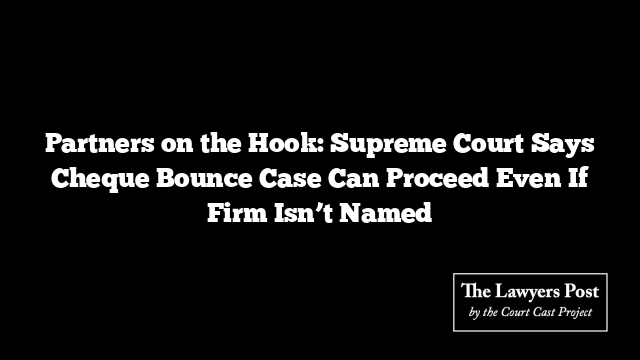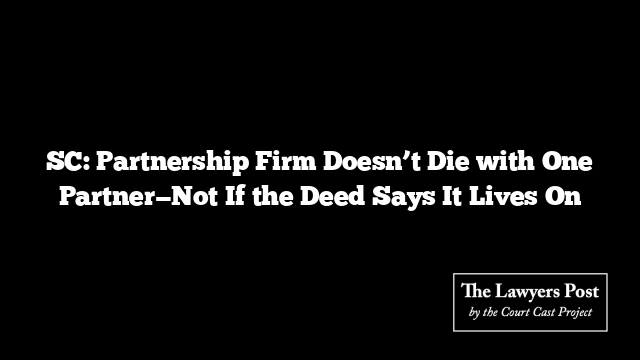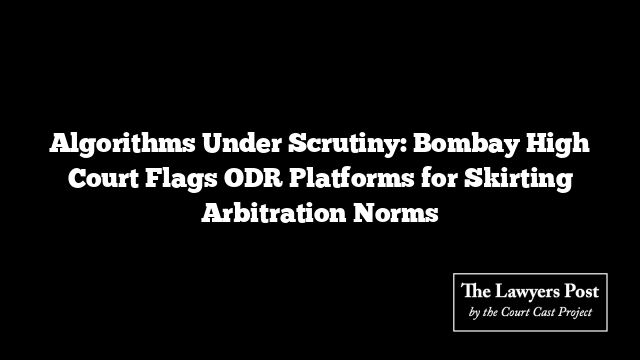In a decision that rewires the standard playbook on cheque dishonour cases, the Supreme Court ruled that individual partners of a firm can face prosecution under Section 138 of the Negotiable Instruments Act—even if the firm itself isn’t named as an accused.
The ruling came in a case where a cheque was issued by a partnership firm, but the legal notice and complaint targeted only the partners—not the firm. The Madras High Court had thrown the case out, saying it couldn’t stand without naming the firm. But the Supreme Court had other ideas.
Justices BV Nagarathna and SC Sharma made it clear: when a cheque dishonour is tied to a partnership firm, the liability flows straight to the partners. No need to name the firm as an accused first—because under partnership law, partners aren’t hiding behind any corporate veil. They are personally, jointly, and severally liable for what the firm does.
“A firm doesn’t have a life apart from its partners,” the Court stressed. “So if the firm defaults, the partners can be dragged to court—even if the firm isn’t formally accused.”
The bench took pains to distinguish this from corporate cases, where the landmark Aneeta Hada ruling requires a company to be named before its directors can be held liable. But that, said the Court, is corporate law logic. In the world of partnerships, there’s no vicarious liability—only direct, personal accountability.
The judgment restored the complaint that the High Court had junked and gave the complainant the green light to also add the firm as an accused if they wish.
Bottom line: in cheque bounce cases involving partnerships, the absence of the firm’s name won’t sink the case. The partners are fair game.
The appeal was allowed.





